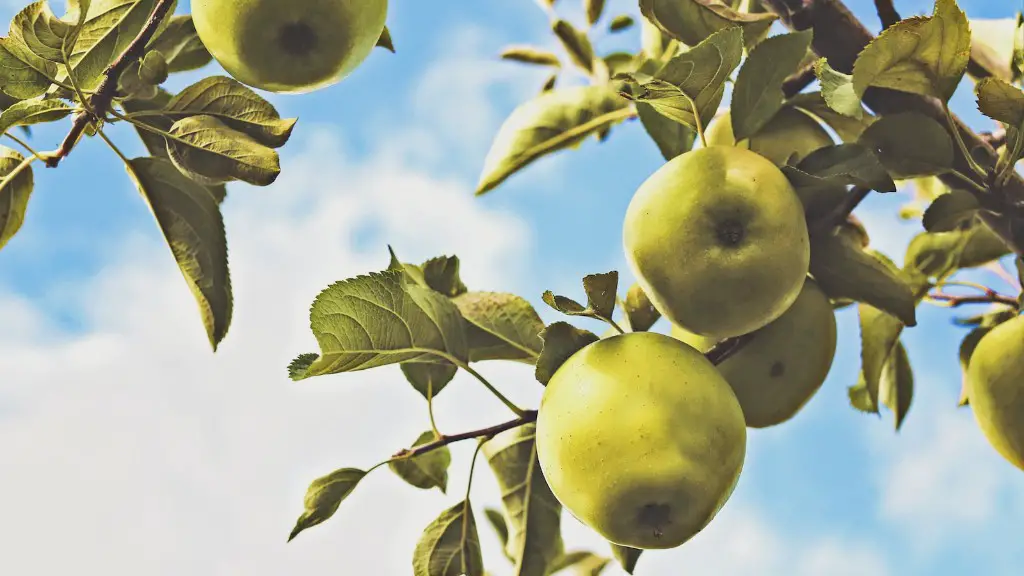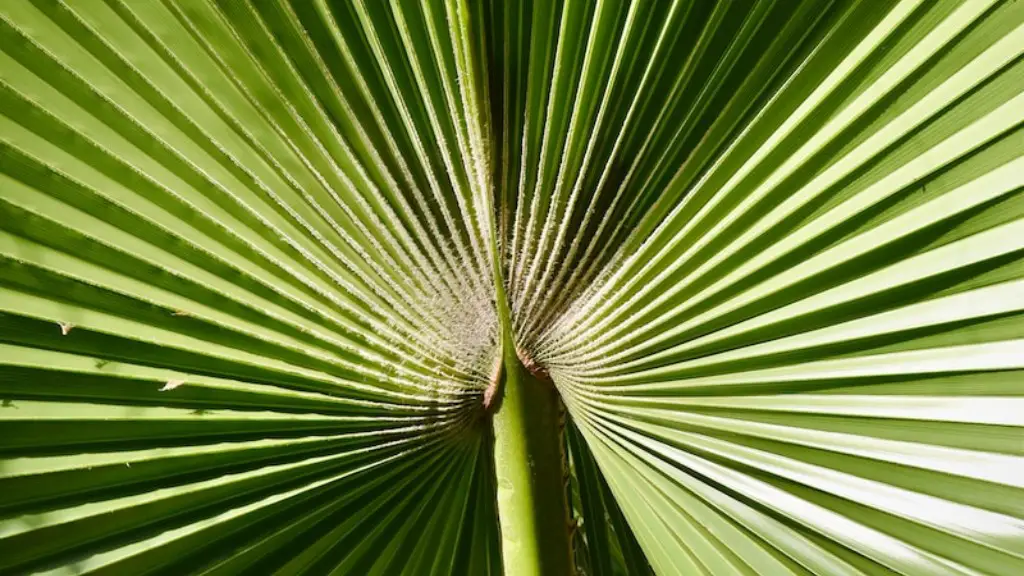The value of an apple tree is determined by several factors, such as the size and age of the tree, the quality of the fruit it produces, and the location of the tree. A tree’s productive life is a major consideration when valuing it. The cost to replace the tree is also important, as is its potential to generate income. Additionally, there are intangible benefits of the tree, such as its visual appealing or the historic significance of the tree.
Size and Age of the Tree
The size and age of a tree are two key components of its value. Generally, the bigger and older the tree is, the more valuable it is. For example, a 20-year-old grafted tree is much more valuable than a newly planted tree, as it has already produced fruit for many years and may continue to bear fruit for many more. Likewise, a mature tree with a wide canopy is more valuable than a smaller size tree, as it can bear more fruit.
Quality of the Fruit Produced
The quality of the fruit produced by the tree is another important factor when it comes to determining the value of the tree. A tree that produces apples with high sugar content and good color is likely to be more valuable than a tree producing low-quality fruit. The size of the apples and the appearance of the skin are also important considerations.
Location of the Tree
Location is a major factor when it comes to valuing an apple tree. For example, a tree located in an area with an ideal climate for apple production will have a higher market value than a tree located in an area with a less favorable climate. Likewise, a tree located in an area with access to water and fertilizers will be valued higher than a tree located in an area lacking access to these resources.
Cost to Replace the Tree
The cost to replace the tree is another determining factor when valuing an apple tree. This includes the cost of planting a new tree, purchasing necessary supplies such as soil and compost, and labor costs. Other expenses such as irrigation, fertilization, pruning, and pest control must also be taken into consideration when determining the cost to replace an apple tree.
Potential to Generate Income
The potential of the tree to generate income is another factor used to value an apple tree. A tree with a strong production of high-quality apples is likely to fetch a higher market price and generate a larger profit than a tree producing low-quality apples. Likewise, a tree in an area with a larger market potential and access to buyers is likely to be more valuable than a tree in an isolated region.
Intangible Benefits
The intangible benefits of an apple tree are also important when it comes to valuing the tree. This includes the aesthetic and historical significance of the tree. A tree with a unique shape or size may have a higher value than a more common variety. A tree with a long and storied history may be more valuable as well, depending on the context.
Market Prices
Market prices are an important consideration when valuing an apple tree. This includes the prices for apples in the local market, as well as the prices for similar trees in comparable locations. Being aware of these market prices can help one determine the fair market value of an apple tree.
Environmental Factors
Environmental factors must also be taken into consideration when valuing an apple tree. For example, a tree planted in an area prone to floods or droughts is likely to be more scarce and thus more valuable than one planted in an area with more reliable and favorable environmental conditions.
Condition of the Tree
The condition of the tree is another important factor for determining its value. An apple tree in good health is likely to be more valuable than one with pests or diseases. Additionally, a tree with healthy, strong branches will command a higher market value than a tree with weak, deformed limbs.
Expert Opinion
Finally, the opinion of an expert is a useful tool in valuing an apple tree. An experienced arborist or horticulturalist can provide a knowledgeable and up-to-date assessment of the tree and its value, which can help guide decisions regarding the sale or purchase of the tree.

